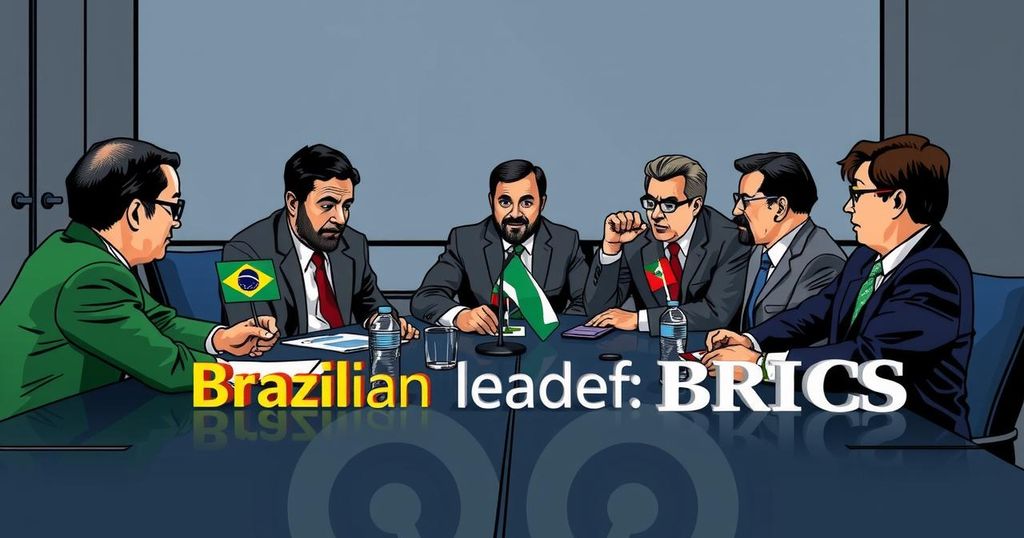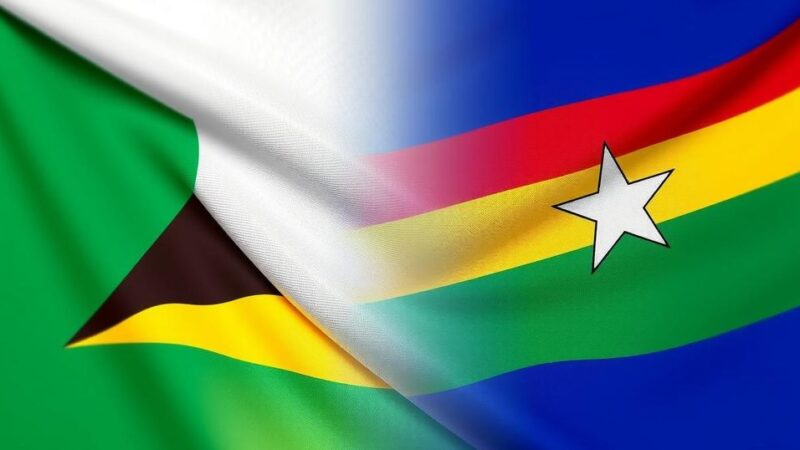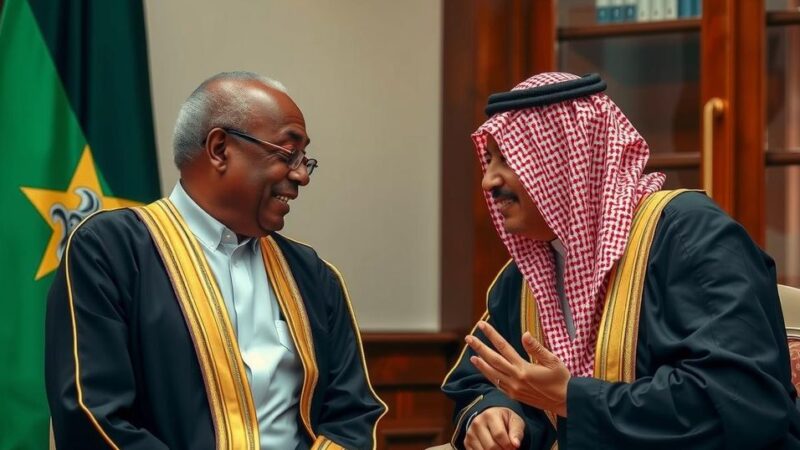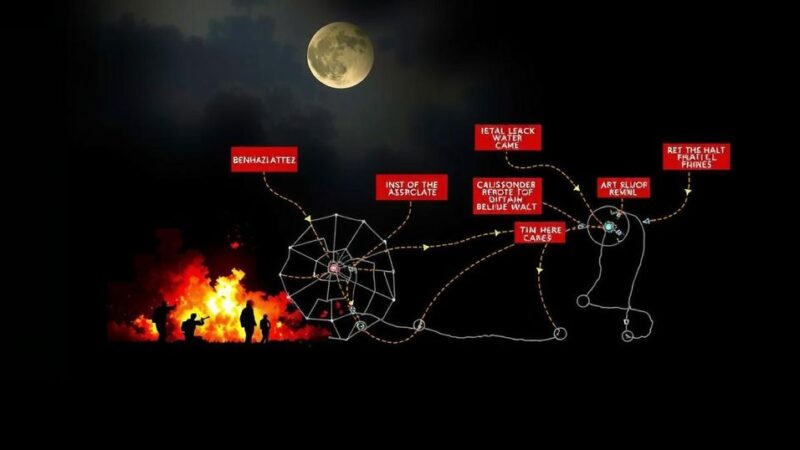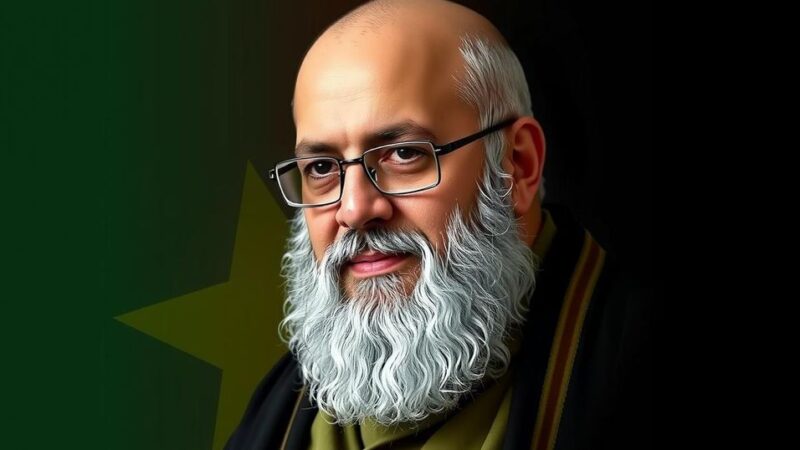Brazil is confronting a potential decline in its influence within BRICS following the group’s expansion to include Egypt, Ethiopia, Iran, and the UAE. While the expansion may enhance the bloc’s global clout, it complicates Brazil’s traditional role. The recent summit revealed Brazil’s strategic moves, including blocking Venezuela’s partnership amid political disputes. Brazil’s leadership within the New Development Bank offers a continued opportunity for influence, particularly as it prepares to chair BRICS in the coming year.
Brazil, a founding member of BRICS, is now grappling with how its influence within the group is being reshaped by the recent expansion that welcomed four new countries—Egypt, Ethiopia, Iran, and the United Arab Emirates. As BRICS grows, Brazil’s relative economic power is challenged, with larger economies like China, India, and Russia eclipsing its stature. This surge in membership has provoked a complex dynamic: while it could enhance the bloc’s global influence and diversify its financial mechanisms away from US dollar dependency, Brazil risks becoming less central in decision-making. Historically, Brazil has positioned itself as a crucial player within BRICS, but with the inclusion of nations that hold opposing geopolitical positions, such as Iran, Brazil’s narrative of the group remaining neutral is increasingly tested. Brazilian Foreign Minister Mauro Vieira reiterated the need for BRICS to correct inequities on an international scale and not to adopt an anti-Western stance as suggested by some members. During the most recent BRICS summit in Kazan, Brazil exercised its influence by opposing Venezuela’s application for partnership, marking a significant geopolitical statement amidst ongoing tensions regarding Venezuela’s disputed leadership under Nicolás Maduro. Brazil’s foreign-policy advisor Celso Amorim expressed that Venezuela’s absence was a matter of “broken confidence” related to assurances made by Maduro regarding legitimacy. Moreover, developments within BRICS’ New Development Bank contrast the group’s expansion ambitions; former Brazilian President Dilma Rousseff received support from BRICS to extend her leadership role at the bank, underscoring Brazil’s ongoing relevance. As Brazil prepares to assume the group’s presidency next year, the nation possesses a crucial opportunity to influence BRICS’ trajectory amidst these burgeoning complexities.
The BRICS group, originally comprising Brazil, Russia, India, and China, has expanded to include new members, transforming its global role. Brazil, while historically a significant member, now faces decreased influence compared to larger and more militarily equipped nations within the group. The recent addition of nations like Iran raises questions about BRICS’ alignment and objectives, challenging Brazil’s long-standing diplomatic framework. With economic developments shifting towards localized currency ventures and significant governance changes through a rotating presidency, Brazil must navigate the changing dynamics strategically to maintain its influence and foster cooperative goals among an increasingly diverse membership.
Brazil is at a critical juncture within BRICS as the group expands and changes form. While it has historically been a central figure, the inclusion of countries with divergent political agendas threatens to dilute its influence. The upcoming presidency presents Brazil with a strategic opportunity to reaffirm its role and guide the bloc towards a collaborative future that emphasizes equitable global relations, yet it must manage the complex dynamics of membership expansion carefully to avoid marginalization.
Original Source: foreignpolicy.com
